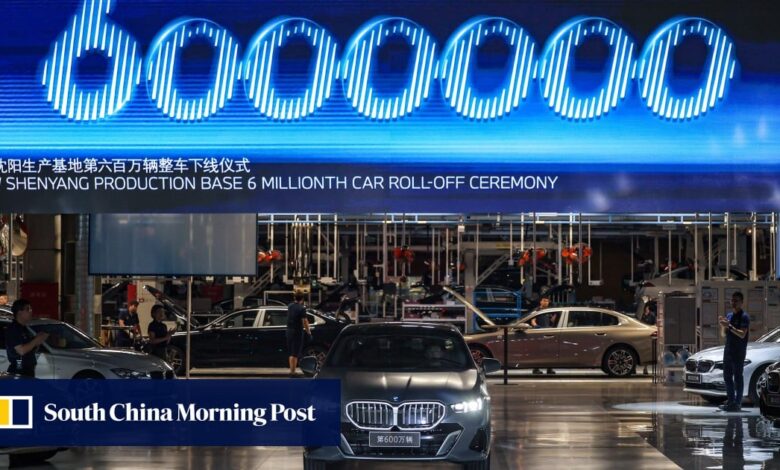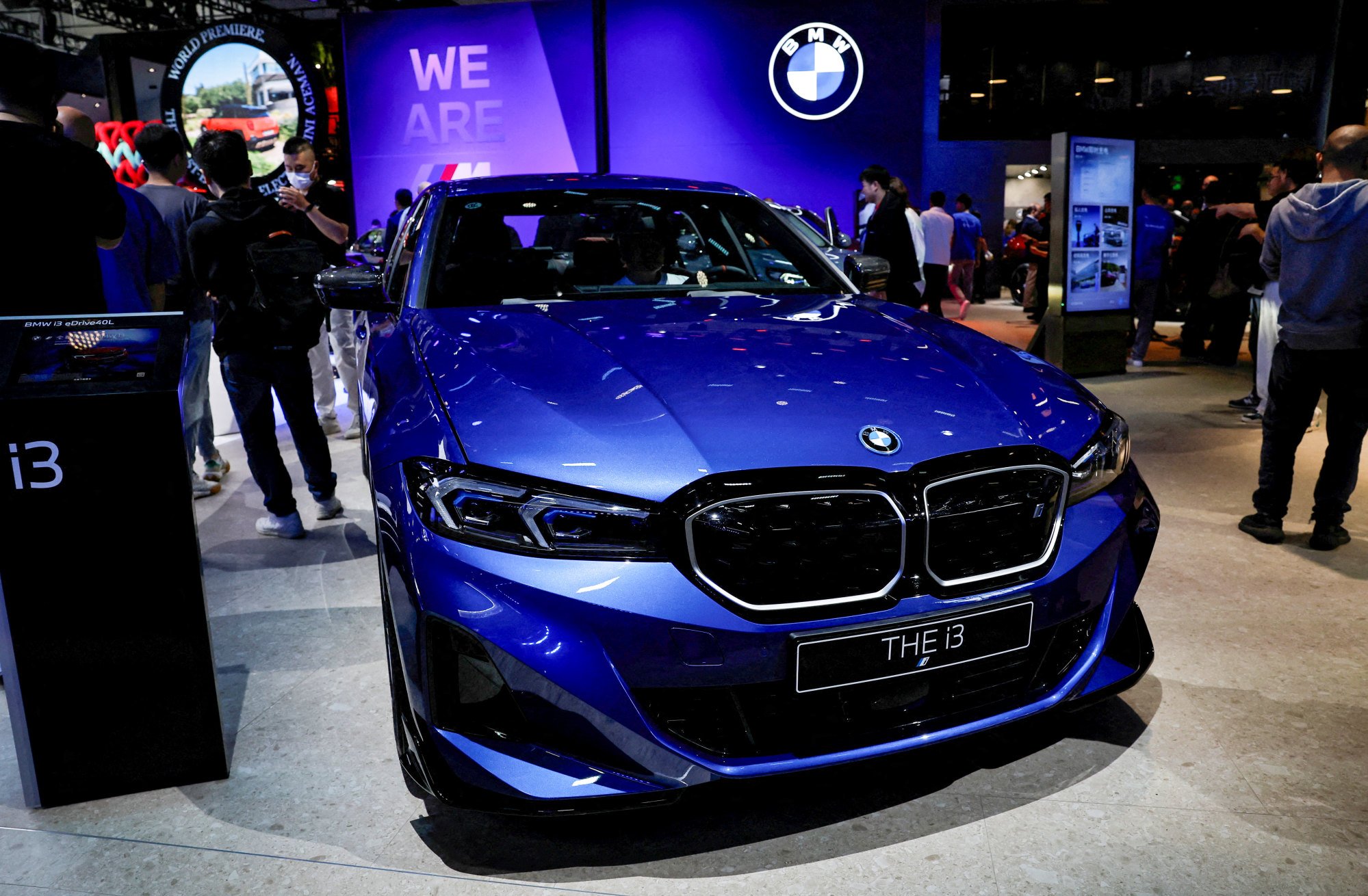BMW raises prices after China’s brutal discount war fails to boost deliveries

BMW is no longer pursuing a strategy of boosting sales volumes since massive price cuts failed to effectively bolster deliveries due to mainland consumers’ lack of interest in premium models, they said.
BMW China did not respond to queries by the Post on Thursday.

Technically, the German carmaker cannot directly instruct its dealers across China to adjust retail prices, but it can pass its pricing strategy onto the outlets by offering them subsidies or raising sales commissions.
“Premium models do not always rely on pricing strategies to compete,” said Eric Han, a senior manager at Suolei, an advisory firm in Shanghai. “BMW’s withdrawal from the price war will be followed by its international rivals.”
Despite the price reduction, BMW reported a year-on-year decline of 4.2 per cent in deliveries to 375,900 vehicles in China during the first half of 2024. This is in contrast to the 2.3 per cent gain in its global deliveries.
On the mainland where four out of every 10 new cars sold are powered by batteries, BMW’s sales have seen growth only in cars fitted with internal combustion engines. Most of its cars sold on the mainland are built by its venture with Brilliance China Automotive in Shenyang, capital of northeastern China’s Liaoning province.
At some dealers, BMW’s basic edition of the i3 electric vehicle (EV) was offered at 170,000 yuan (US$23,421), compared to its official price of 353,900 yuan.
BYD, backed by Warren Buffett’s Berkshire Hathaway, lowered prices of nearly all its cars by 5 to 20 per cent in mid-February. Since then, the prices of 50 models across a range of brands have dropped by 10 per cent on average, according to Goldman Sachs.
In April, the US bank predicted in a research report that another cut of 10,300 yuan per vehicle by BYD, or 7 per cent of the company’s average selling price, could drive the nation’s electric-car industry into losses this year.
Cui Dongshu, general secretary of the China Passenger Car Association, said that the size of discounts offered by petrol and electric carmakers in the first half of this year were “unprecedented” and detrimental to the overall industry.
Cailian, a Shanghai-based financial news outlet, reported that Mercedes-Benz and Audi, BMW’s major global rivals, also plan to exit the price war and focus on profitability.
Both carmakers also rely on petrol cars to retain their market share in China at present, with EVs representing a tiny portion of its total mainland sales.
Source link



